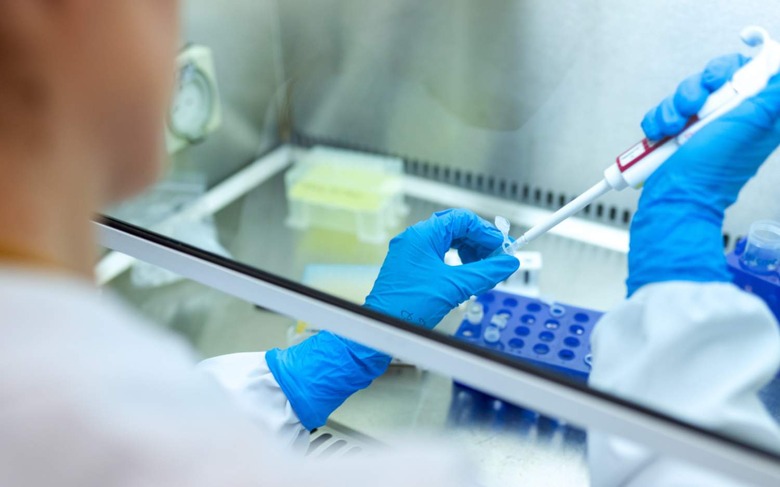Johnson & Johnson 1-Shot COVID-19 Vaccine Gets FDA Nod For EUA Review
Johnson & Johnson's single-shot COVID-19 vaccine works against all known variants of the coronavirus, according to new data released today, with the FDA saying the one-dose drug meets its requirements for Emergency Authorization Approval (EUA) review. It's a big step forward for what could be the third vaccine for COVID-19 to be deployed in the US, and one which has a significant advantage over the current Pfizer and Moderna drugs.
The drug – developed by Janssen Biotech, a division of Johnson & Johnson – is known as COVID-19 Vaccine Ad26.COV2.S, and was found to be over 66-percent effective against moderate to severe/critical cases in the company's Phase 3 study. It was "highly effective" in prevention of severe/critical COVID-19 cases, particularly in preventing either hospitalization or death, with over 85-percent efficacy at least 28 days after vaccination.
The data from the study also found that the drug was "highly effective in the prevention of severe/critical COVID-19 caused by newly emerging strains" such as the South Africa variant spotted in the past few months. Those who still contracted COVID-19 while vaccinated showed milder results from the infection. Approximately 40,000 participants were involved in the study, with no COVID-19 related deaths in the vaccine group.
It's good news for J&J, and for the vaccine. However, the drug still has to satisfy the US Food and Drug Administration (FDA), which will be waiting for feedback from its independent advisory committee on Friday.

As we've seen with previous vaccines for coronavirus that have been granted an EUA for use in the US, supplies could be quickly shifted into distribution. Johnson & Johnson has said it envisages having 20 million doses of the drug available by March 2021. That could rise to 100 million doses by the end of June.
While that would be a lower number than production of existing vaccines from Pfizer and Moderna, the one-shot nature of J&J's drug gives it an edge. Both Pfizer and Moderna's vaccines require two doses per person, administered roughly 3-4 weeks apart. Although studies have indicated that some degree of immunity from COVID-19 is ensured from the first dose, for the maximum benefit each individual must have both injections.
That has both supply and logistical implications. It demands healthcare providers have sufficient stockpiles of the two-dose vaccines for both patient visits, and requires patients themselves to be available both times.
Johnson & Johnson expect to provide the drug on a not-for-profit basis during the pandemic, assuming the EUA is granted. While the decision made by the advisory committee will not necessarily be shared by the FDA, the expectation is that the agency could give a final answer by the end of play on Friday, February 26, 2021.
